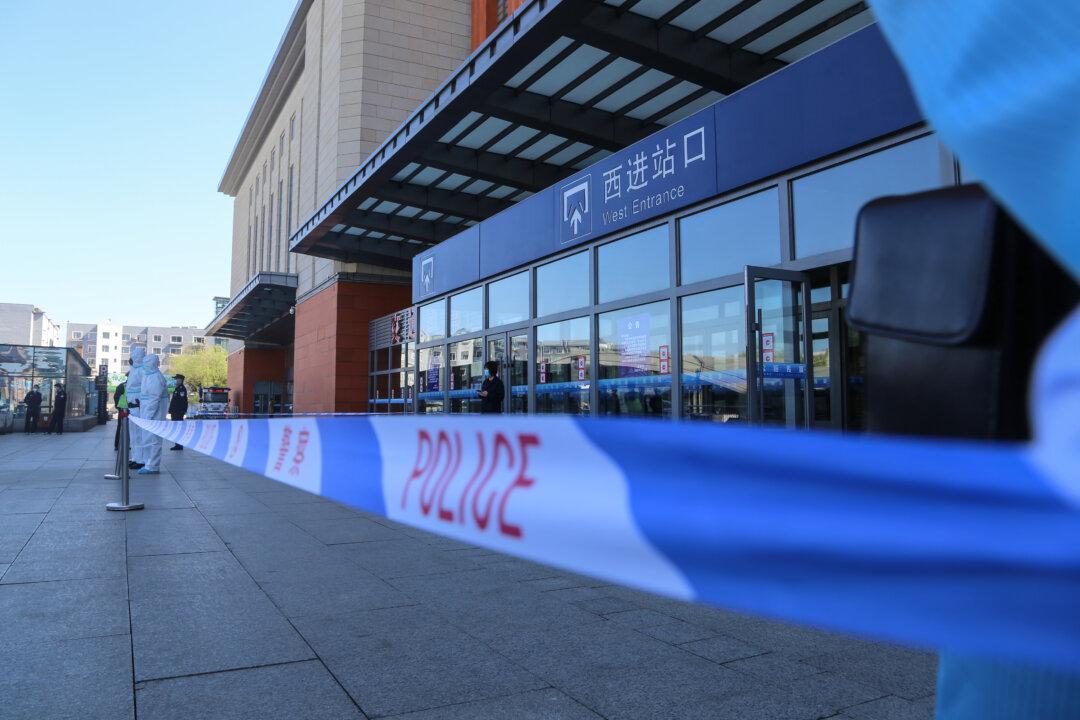The Jilin Provincial National Health Commission reported dozens of new COVID-19 cases in recent days—in Changchun city, the capital, and Tonghua city, which borders North Korea. However, the public is skeptical of China’s official figures because the Chinese Communist Party has consistently lied about or covered up the severity of the virus outbreak.
Tonghua City Launching Third Round of Nucleic Acid Tests
On Jan. 25, the Tonghua command center for pandemic prevention and control declared at a press briefing that the city would launch its third round of testing on all residents. As of the end of 2019, the city had a population of 2.14 million.
Two days prior, the local Party anti-corruption watchdog criticized 14 officials who it said failed to perform their administrative duties to prevent virus spread. The punished officials included Cheng Weihua, Party chief and director of the Tonghua center for disease control and prevention.





